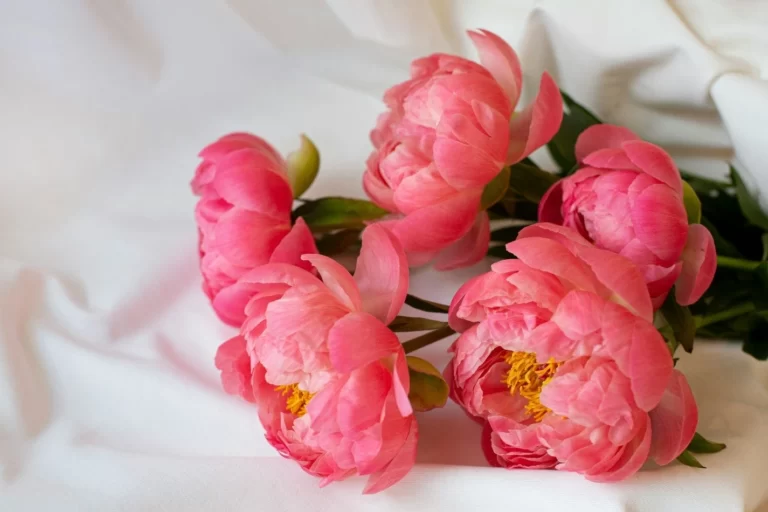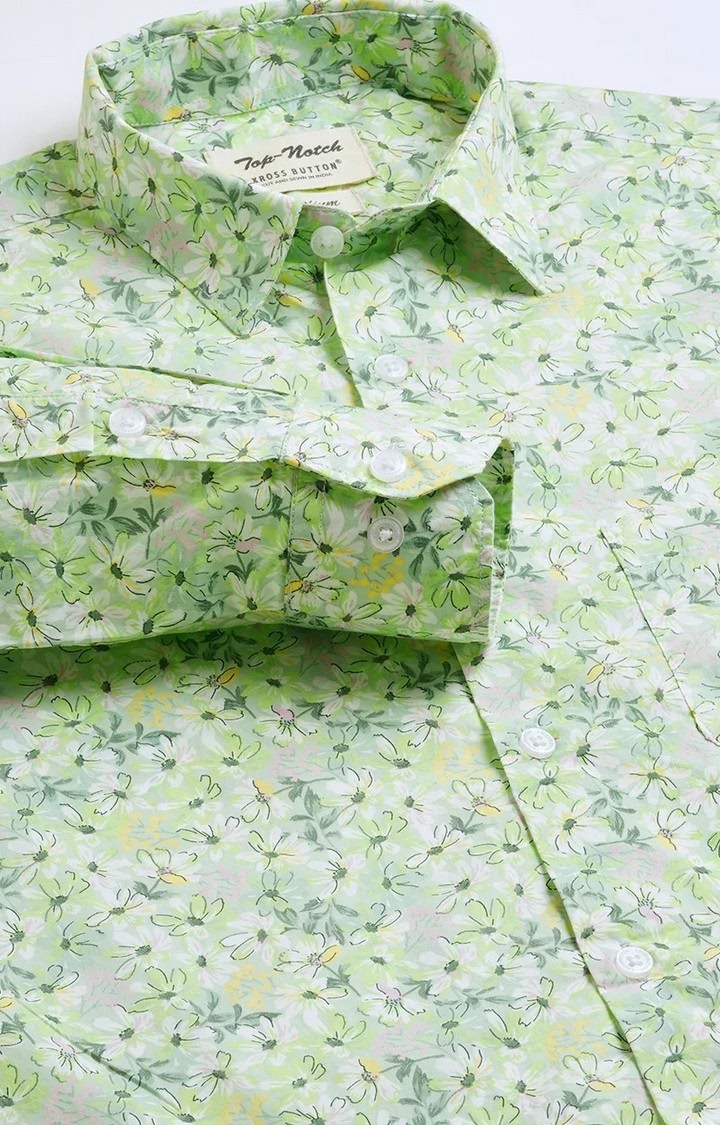Have You Heard of These Jewish Wedding Traditions?

Jewish wedding epitomize a mosaic of customs, fusing ancient rituals with modern twists to craft diverse and heartfelt celebrations. These ceremonies are steeped in cultural and religious legacies, mirroring the ethos and convictions of Jewish communities worldwide. From the enigmatic encircling of the bride to the exuberant Hora dances, each practice acts as a strand interlacing the historical, contemporary, and future facets of Jewish heritage. Whether hosted in bustling urban locales or cozy familial environs, these weddings exude reverence, happiness, and communal spirit, binding couples in love and faith.
Contents
- Unveiling the Beauty of Jewish Wedding: A Deep Dive into Tradition
- Sacred Covenant: Unveiling the Ketubah Tradition
- Tradition Transformed: Glass Breaking in Jewish Celebrations
- The Seven Blessings: Embracing Love, Joy, and Harmony
- The Hora: Spirited Dancing and Spirited Celebration
- Yichud: A Moment of Intimacy and Reflection
- Celebrating Before the Wedding: Tisch and Kabbalat Panim
- Celebrating Together: Sheva Brachot Meals
- Conclusion
Unveiling the Beauty of Jewish Wedding: A Deep Dive into Tradition
Jewish weddings are like a colorful quilt, blending old and new customs for celebrations that are both diverse and meaningful. These ceremonies are all about the rich history and culture of the Jewish people, showing off their beliefs and values in different ways across the globe. Whether it’s the special circling of the bride or the lively dancing of the Hora, each tradition ties together the past, present, and future of Jewish life. Whether they’re big city affairs or cozy family gatherings, Jewish weddings always feel special, bringing together love, happiness, and community for couples.
Sacred Covenant: Unveiling the Ketubah Tradition
Embedded within every Jewish union is the Ketubah tradition, an emblematic covenant signifying the intertwined love and responsibilities of the couple. Rooted in ancient Judaic precepts, this contract delineates the groom’s duties to his bride, offering financial security and assurance in times of separation or loss. Today, Ketubah designs span the spectrum from classic to contemporary, mirroring the couple’s distinct ethos and preferences. This custom serves as a poignant testimony to the solemn promises shared between the bride and groom, affirming their joint endeavor to forge a life founded on affection, reverence, and mutual accord.
Tradition Transformed: Glass Breaking in Jewish Celebrations
The ritual of breaking glass, a cherished part of Jewish weddings, carries profound symbolism, reminding all present of life’s delicate nature and the enduring memory of Jewish struggles amidst moments of happiness. As the groom shatters the glass, guests jubilantly exclaim “Mazel Tov!” to bless the newlyweds and dispel negative energies. This tradition offers room for personalization, with couples incorporating unique touches like colored glass or multiple shards. It stands as a poignant testament to the resilience of the Jewish community, their unwavering spirit, and their commitment to embracing joy amidst adversity.
The Seven Blessings: Embracing Love, Joy, and Harmony
During a Jewish wedding, there’s a part called the Seven Blessings (Sheva Brachot). These blessings are like wishes for the couple, asking for happiness, love, and good things in their life together. They come from old Jewish customs and show how important it is for the community to support the couple. Each blessing gives them encouragement and hope for their future together. The Seven Blessings show how love and faith bring couples together, promising a happy and fulfilling life ahead.
The Hora: Spirited Dancing and Spirited Celebration
No Jewish union is whole sans the spirited rhythms of the Hora dance. Revelers link arms, encircling the bride and groom, hoisting them aloft on chairs amidst the lively cadences of traditional melodies. The Hora embodies harmony, elation, and the boundless vitality of affection, crafting indelible moments for the newlyweds and their dear ones. This animated custom unites attendees in merriment, nurturing a sentiment of communal spirit and kinship that transcends ages. Whether enacted within opulent halls or intimate outdoor settings, the Hora stands as a jubilant testament to love, laughter, and the endless promise of existence.
Yichud: A Moment of Intimacy and Reflection
Following the ceremonial rites, the couple partake in a secluded interlude termed Yichud. This age-old custom offers the newlyweds a chance to commune privately, contemplating the profundity of their unity before rejoining revelers for the jubilant festivities. Yichud underscores the sanctity of matrimony and the imperative of tending to the marital alliance. It is a juncture for the pair to momentarily halt, breathe, and relish the cherished instants of their nuptial day, enveloped in the radiance of their affection and pledge to one another. Yichud serves as a poignant acknowledgment of the hallowed nature of marriage, as well as the imperative to treasure and uphold the covenant between spouses.
Celebrating Before the Wedding: Tisch and Kabbalat Panim
Before the wedding starts, the groom has a Tisch, a happy get-together with family and friends where they talk about teachings from the Torah and sing joyful songs. At the same time, the bride has Kabbalat Panim, where she gets blessings and good wishes from her female relatives and friends. These rituals before the wedding help everyone get ready for the happy celebration and show respect for Jewish traditions. Tisch and Kabbalat Panim are chances for the couple to be with loved ones and get their blessings and support before they start their life together.
Celebrating Together: Sheva Brachot Meals
After the wedding, the newlyweds often get invited to special meals called Sheva Brachot. These meals happen over a week and are a chance for family and friends to keep celebrating the couple. During each meal, there are blessings said, and people share good wishes for the couple’s happiness and success. Sheva Brachot meals are like extending the wedding fun and show how everyone supports and cares for the newlyweds. They bring everyone closer together with happiness and good vibes.
Conclusion
As we explore the traditions of Jewish weddings, we see how love, faith, and community have been important for Jewish people for a long time. Each tradition has a story and a history that connects families through happy celebrations and deep respect. Whether you’re planning your own Jewish wedding or just interested in these customs, I hope this exploration encourages you to learn more about the wonderful and diverse Jewish culture.
Also Read: How To Pose For Wedding Photos?





